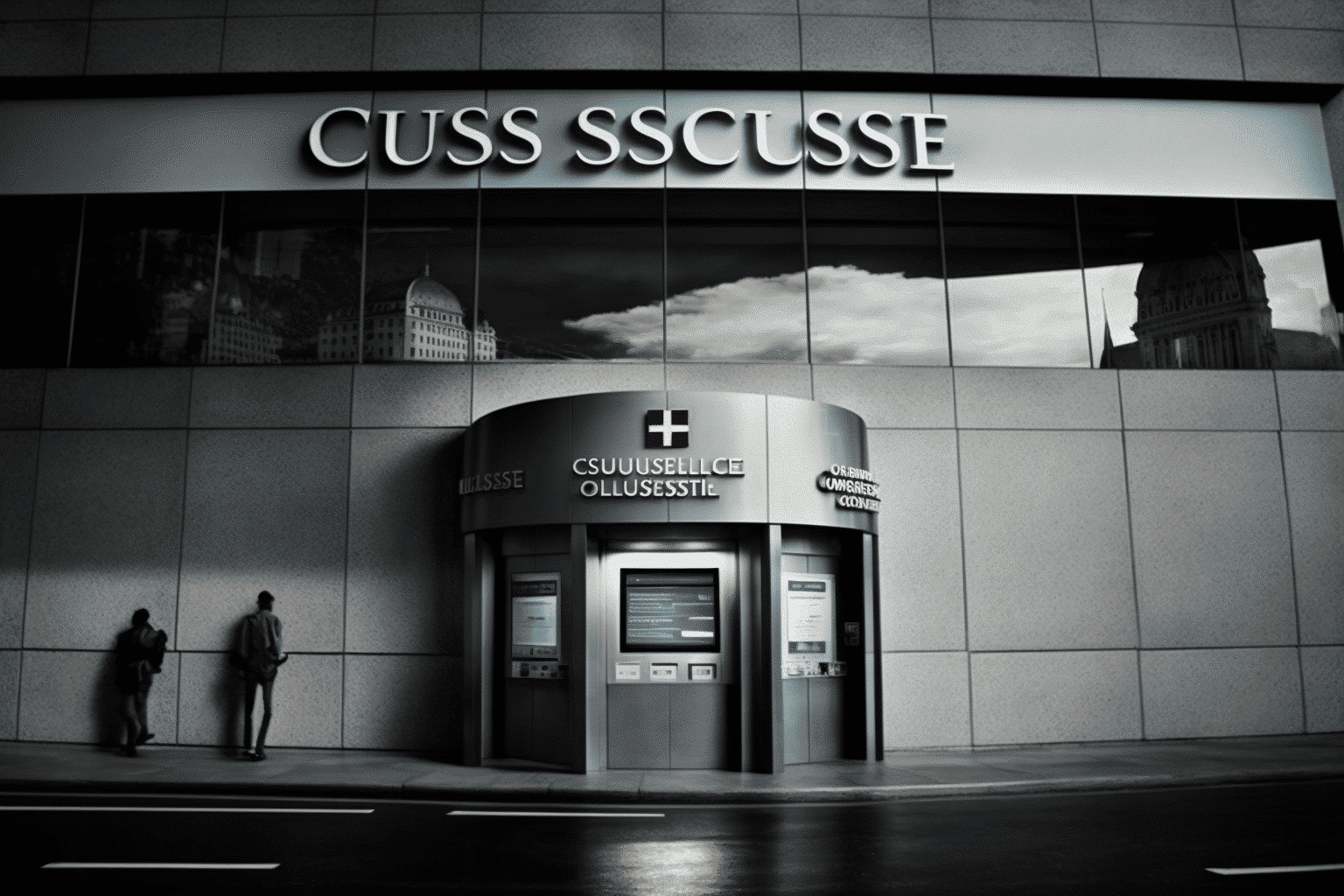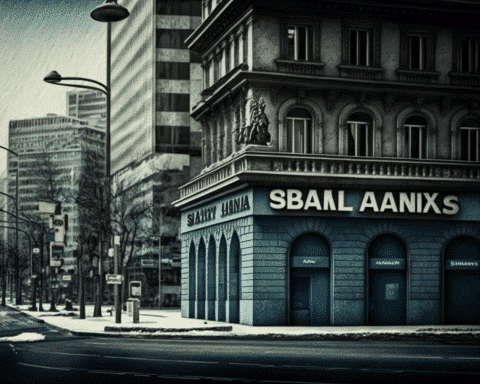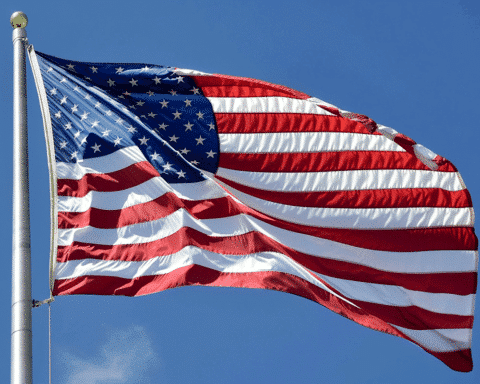US legislators have accused the beleaguered Swiss bank Credit Suisse of inadequately investigating Nazi clients and Nazi-related accounts, some of which were active until a few years ago. The Senate Budget Committee alleges that the independent ombudsman appointed to supervise the investigation was terminated during his work and that limitations hindered the resulting reports.
In 2020, a Jewish human rights group based in Los Angeles, the Simon Wiesenthal Center, which exposed potential Nazi-connected accounts at Switzerland’s second-largest bank, claimed that Credit Suisse is “fully cooperating” with the committee’s investigation but refuted specific allegations made by the group.
Despite obstacles, the ombudsman and a forensic research team found 99 accounts associated with Nazi officials in Germany or affiliated groups in Argentina, most of which had been hidden from the public for years. The committee mentioned these findings on Holocaust Remembrance Day and expressed concerns about the bank’s potential assistance to Nazis evading justice after World War II through “Ratlines,” a network of escape routes.
The committee stated that Credit Suisse has committed to continuing its investigation into unresolved questions. However, Senator Chuck Grassley criticized the bank for not meeting the thoroughness required by such inquiries.
Credit Suisse initiated the internal investigation after the Simon Wiesenthal Center, named after the Holocaust survivor and Nazi hunter, alleged that the bank held undisclosed Nazi-linked accounts. Around $1.25 billion was paid to Nazi victims in the 1990s, who claimed Swiss banks stole, hid, or transferred Jewish assets to the Nazis.
Credit Suisse claimed that its two-year investigation found no evidence to support the allegations made by the Simon Wiesenthal Center, stating that the investigation corroborates existing research from the 1999 Global Settlement, which addressed Swiss banks’ involvement in World War II.
The new findings emerge as Credit Suisse faces significant challenges, resulting in a government-directed takeover by rival bank UBS. There have been several scandals at the bank, stock price declines, and the bank has lost depositors due to concerns about its future in the face of global economic instability.
In addition to its current issues, the US Senate Finance Committee stated that Credit Suisse violated a plea agreement with US authorities by not reporting secret offshore accounts used by wealthy Americans to evade taxes. According to investigators’ reports, 70 Credit Suisse accounts with plausible Nazi connections in Argentina were opened after 1945, and at least 14 remained active until the 2000s, some as recent as 2020.

Forensic research firm AlixPartners Ltd. discovered 21 accounts linked to individuals on the Simon Wiesenthal Center’s list of senior Nazi officials. After Credit Suisse’s new leadership halted the internal investigation last year, the Senate committee that oversees budget requests for the Office of the Special Envoy for Holocaust Issues subpoenaed the reports.
After serving as special inspector general and federal prosecutor of the US Troubled Asset Relief Program, Neil Barofsky was dismissed months later as ombudsman overseeing the investigation. Barofsky’s report warned that terminating oversight could damage Credit Suisse’s reputation and questioned what additional findings could have emerged if the investigation had continued. The report also stated that the Swiss bank failed to review and investigate all relevant records.
The Simon Wiesenthal Center lost confidence in a fair and transparent historical review due to Barofsky’s removal. The organization commended the US Senate Committee on the Budget for shedding light on a “dark and troubling past” concealed from the historical record.
Following the revelations, Credit Suisse is now under increased scrutiny from both the public and regulatory bodies. As the investigation continues, the bank must address the remaining questions and work to rebuild trust with its clients, shareholders, and the broader financial community.
The Senate Budget Committee, in collaboration with the Office of the Special Envoy for Holocaust Issues, is expected to maintain pressure on Credit Suisse to ensure a comprehensive and transparent investigation. They may also recommend additional oversight measures or regulatory changes to prevent similar situations from arising.
The scandal prompted a broader examination of the Swiss banking industry’s historical ties to Nazi Germany and the handling of Holocaust victims’ assets. This may lead to renewed calls for further investigations into other Swiss banks and financial institutions and possible reparations or compensation for victims’ families.
Credit Suisse’s ongoing challenges, including its recent takeover by UBS and its involvement in numerous scandals, have raised concerns about the future of the Swiss banking sector. As a result, regulators and policymakers may introduce new measures to strengthen the industry’s resilience, transparency, and accountability to mitigate future risks.
The Simon Wiesenthal Center and other human rights organizations will likely continue to monitor the progress of Credit Suisse’s investigation and advocate for justice for Holocaust survivors and their families. These groups may also work to increase public awareness of the historical ties between Swiss banks and Nazi Germany, ensuring that the lessons from this dark historical period are not forgotten.
The Credit Suisse scandal involving Nazi-linked accounts has brought renewed attention to the Swiss banking industry’s historical connections with Nazi Germany. As the investigation continues, the bank and the broader financial sector must work to address these issues, ensure transparency, and rebuild trust. Additionally, human rights organizations and policymakers must continue to pursue justice for Holocaust victims and their families while promoting greater awareness of this dark chapter in history.




